Andrew Black Teaching Professor
555 Lucas | 516-6199 | ablack@umsl.edu | C.V.
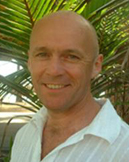
Andrew Black is a Teaching Professor in the Department of Philosophy at UMSL. He joined the department in 1999. Before coming to UMSL, Professor Black taught for eight years at Southern Illinois University at Carbondale, and one year at Dartmouth College in New Hampshire. He received his B.A. from the University of London and his Ph.D. from the University of Massachusetts. He teaches in the history of philosophy, philosophy of science and logic. He has published articles on seventeenth century philosophy and epistemology; he is co-author of The Elements of Reasoning (5th edition, Wadsworth 2007), and is author and presenter of a television video series "Great Philosophers" (aired on the Higher Education Channel - channel 26). He is currently writing a book introducing the philosophy of science for science teachers, and researching the philosophy of Leibniz. Professor Black was born in England, and moved to the U.S.A. in 1985.
|
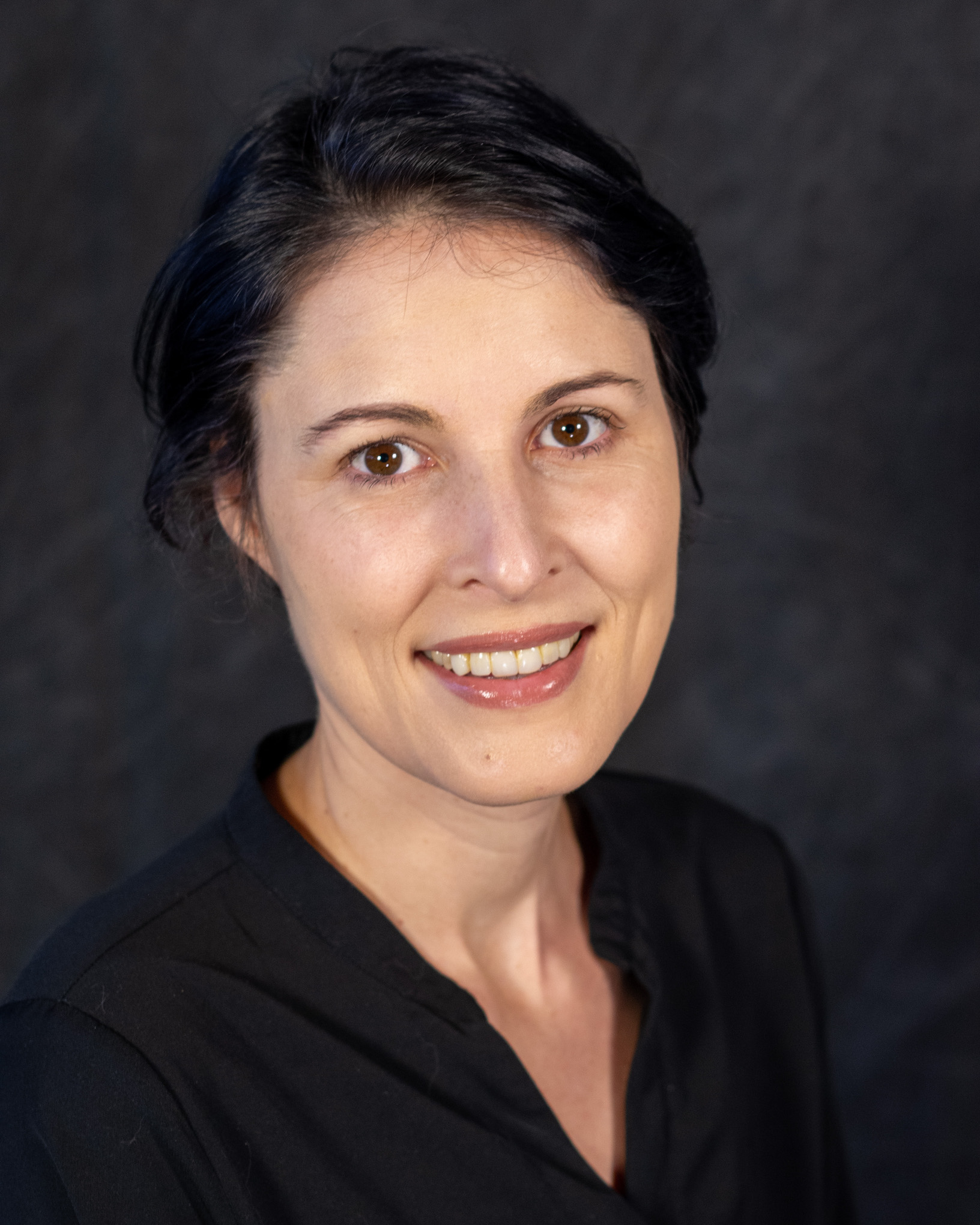
Michelle Ciurria (she/they) completed her PhD at York University and held postdoctoral fellowships at Washington University and the University of New South Wales, Sydney. Her research interests include ethics, moral psychology, Marxist feminism, critical race theory, and critical disability theory. She is the author of An Intersectional Feminist Theory of Moral Responsibility (Routledge, 2019), and a regular contributor to “Biopolitical Philosophy,” the leading blog on critical disability theory. She is working on a book on the ethics and politics of resilience.
Jill B. Delston Assistant Professor
567 Lucas | 516-6198 | delstonj@umsystem.edu | C.V. | website
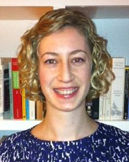 Jill B. Delston has interests in ethics (normative and applied), social and political philosophy, feminism, and ancient Greek philosophy. Her monograph is entitled Medical Sexism: Contraception Access, Reproductive Medicine, and Health Care (Lexington Books, 2019). Her research on health inequities in bioethics includes supporting the University of Missouri System NextGen Precision Health Initiative. Delston is the co-editor of a textbook entitled Applied Ethics: A Multicultural Approach, Eds. 5, 6, and 7 (forthcoming). She has won UMSL's Legendary Triton Award, the Emerson Excellence in Teaching Award, the College of Arts and Sciences NTT Faculty Member of the Year and was a University of Missouri System Presidential Engagement Fellow. She received her B.A. in Liberal Arts from St. John’s College in Annapolis, Maryland and her M.A. and Ph.D. in Philosophy from Washington University in St. Louis. Before joining the department in 2012, she was visiting assistant professor of philosophy at Mount Holyoke College. Jill B. Delston has interests in ethics (normative and applied), social and political philosophy, feminism, and ancient Greek philosophy. Her monograph is entitled Medical Sexism: Contraception Access, Reproductive Medicine, and Health Care (Lexington Books, 2019). Her research on health inequities in bioethics includes supporting the University of Missouri System NextGen Precision Health Initiative. Delston is the co-editor of a textbook entitled Applied Ethics: A Multicultural Approach, Eds. 5, 6, and 7 (forthcoming). She has won UMSL's Legendary Triton Award, the Emerson Excellence in Teaching Award, the College of Arts and Sciences NTT Faculty Member of the Year and was a University of Missouri System Presidential Engagement Fellow. She received her B.A. in Liberal Arts from St. John’s College in Annapolis, Maryland and her M.A. and Ph.D. in Philosophy from Washington University in St. Louis. Before joining the department in 2012, she was visiting assistant professor of philosophy at Mount Holyoke College.
|
Billy Dunaway Chair and Associate Professor
553 Lucas | 516-6195 | dunawayw@umsl.edu | C.V. | website
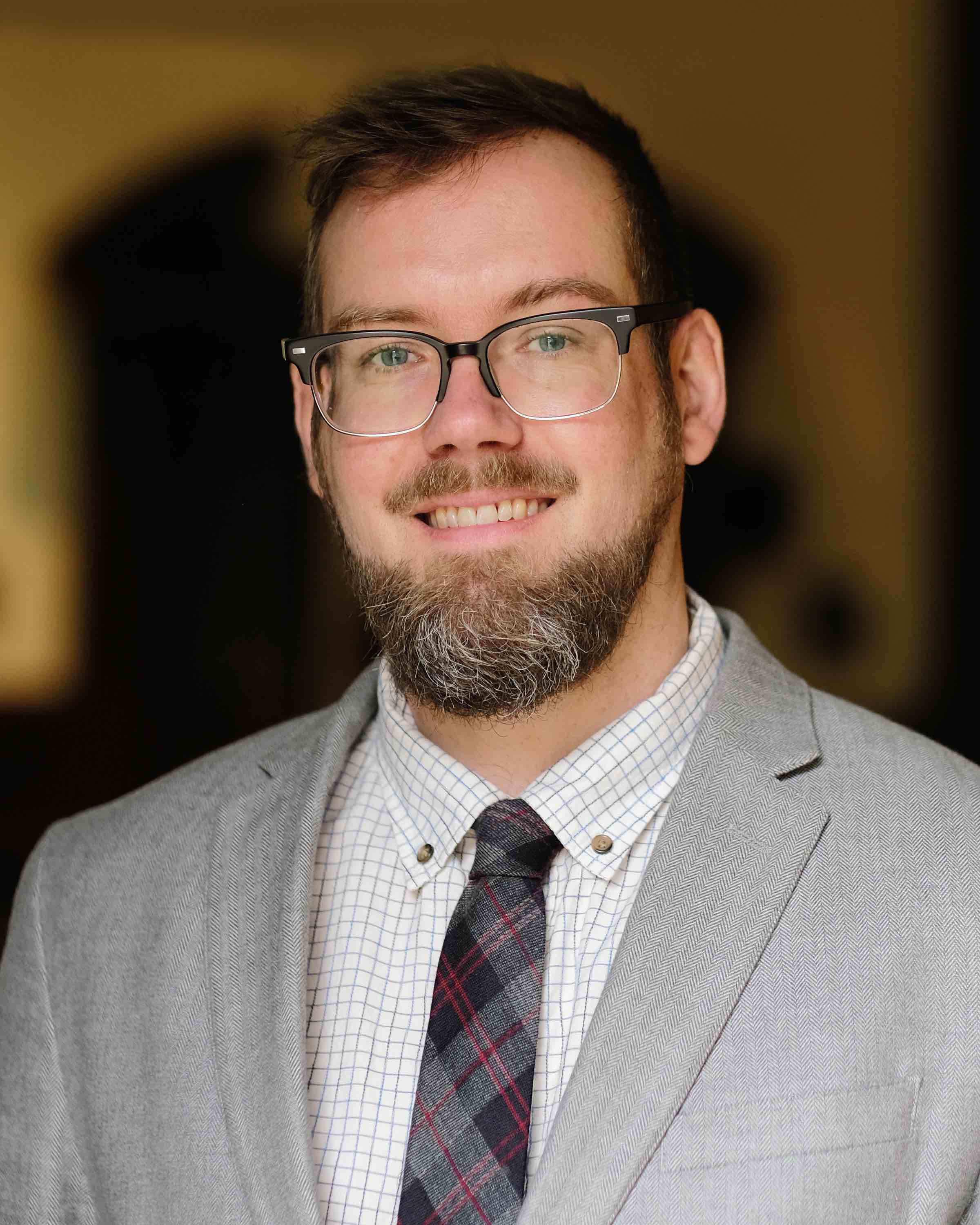 Billy Dunaway received his PhD from the University of Michigan in 2013 and held a postdoc at the University of Oxford from 2013-2015. He has been at UMSL since 2015. He works on topics in metaethics, epistemology, metaphysics, philosophy of language and the philosophy of religion. From 2018-2021 he was co-PI (with Jon McGinnis) of the Theology, Science, and Knowledge project (website). His book Reality and Morality was published with Oxford University Press in 2020, and he co-edited the open-access volume Meaning, Decision, and Norms: Themes from the Work of Allan Gibbard. Billy Dunaway received his PhD from the University of Michigan in 2013 and held a postdoc at the University of Oxford from 2013-2015. He has been at UMSL since 2015. He works on topics in metaethics, epistemology, metaphysics, philosophy of language and the philosophy of religion. From 2018-2021 he was co-PI (with Jon McGinnis) of the Theology, Science, and Knowledge project (website). His book Reality and Morality was published with Oxford University Press in 2020, and he co-edited the open-access volume Meaning, Decision, and Norms: Themes from the Work of Allan Gibbard.
|
|
Jon McGinnis is a Greco-Arabist who also has interest in medieval Greek, Arabic, Judeo-Arabic and Latin science, philosophy and theology. He received a M.A. in Church History from the University of North Texas (1991) and a Ph.D. in Philosophy from the University of Pennsylvania (2000), where he worked jointly in the Department of Philosophy and the Center for Middle Eastern Studies. As a graduate student he was a research fellow at Harvard University in the Department of the History of Science, as well as a Fulbright scholar to Egypt. Since coming to UMSL, he has received numerous grants and fellowships from such organizations as the National Endowment for the Humanities, the Andrew Mellon Foundation and the John Templeton Foundation as well as having been a member at the Institute for Advanced Study in Princeton and the Siebold-Collegium Institute for Advanced Studies (SCIAS) of Julius-Maximilians-Universität Würzburg. In addition to numerous articles and chapters on various aspects of ancient and medieval physics and metaphysics and more recently ethics, he is the author of Avicenna (Oxford University Press), translator and editor of Avicenna’s The Physics of the Healing (Brigham Young University Press) and, with David C. Reisman, translator of Classical Arabic Philosophy: An Anthology of Sources (Hackett). All in all, Jon thinks that life is pretty good, but better with a cup of coffee.
|
Lauren Olin Associate Professor and Director of Graduate Studies
549 Lucas | 516-6194 | olinl@umsl.edu | Website
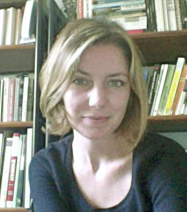
Lauren Olin’s research is located squarely in the philosophy of cognitive science, though many of the questions she engages may readily be called ethical or epistemological. Her current interests involve both theoretical and empirical research on patterns of evaluative judgment, psychopathology, and epistemic dispositions. She has authored or co-authored papers for journals such as Philosophical Studies, Synthese, Transcultural Psychiatry, and Philosophy Compass. Lauren earned her BA in Philosophy from McGill University in Montreal, and her MA and PhD from the Philosophy-Neuroscience-Psychology program at Washington University in St. Louis.
|
Gualtiero Piccinini Curators' Professor
565 Lucas | 516-6160 | piccininig@umsl.edu | C.V. | Website
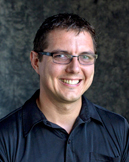
Gualtiero Piccinini is Curators' Distinguished Professor of Philosophy and Associate Director of the Center for Neurodynamics at the University of Missouri - St. Louis. He works primarily in philosophy of mind, with an eye to psychology, neuroscience, and computer science. In 2014, he received the Herbert A. Simon Award from the International Association for Computing and Philosophy. In 2018, he received the K. Jon Barwise Prize from the American Philosophical Association. In 2019, he received the Chancellor's Award for Research and Creativity from University of Missouri - St. Louis. His publications include Physical Computation: A Mechanistic Account (Oxford University Press, 2015), Neurocognitive Mechanisms: Explaining Biological Cognition (Oxford University Press, 2020), and The Physical Signature of Computation: A Robust Mapping Account (with Neal Anderson, Oxford University Press, forthcoming).
|
Waldemar Rohloff Teaching Professor and Undergraduate Adviser
568 Lucas | 516-6192 | rohloffw@umsl.edu | C.V.
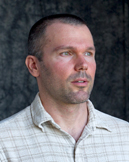
Waldemar Rohloff received his Ph.D. from the Department of Logic and Philosophy of Science at the University of California, Irvine. His primary area of expertise is the history of analytic philosophy. He regularly teaches courses on logic including formal logic, mathematical logic, and philosophical logic. He also regularly teaches courses on the history of philosophy, spanning both western and non-western traditions.
|
Eric Wiland Professor and Director of Undergraduate Studies (on leave)
551 Lucas | 516-5495 | wiland@umsl.edu | C.V.
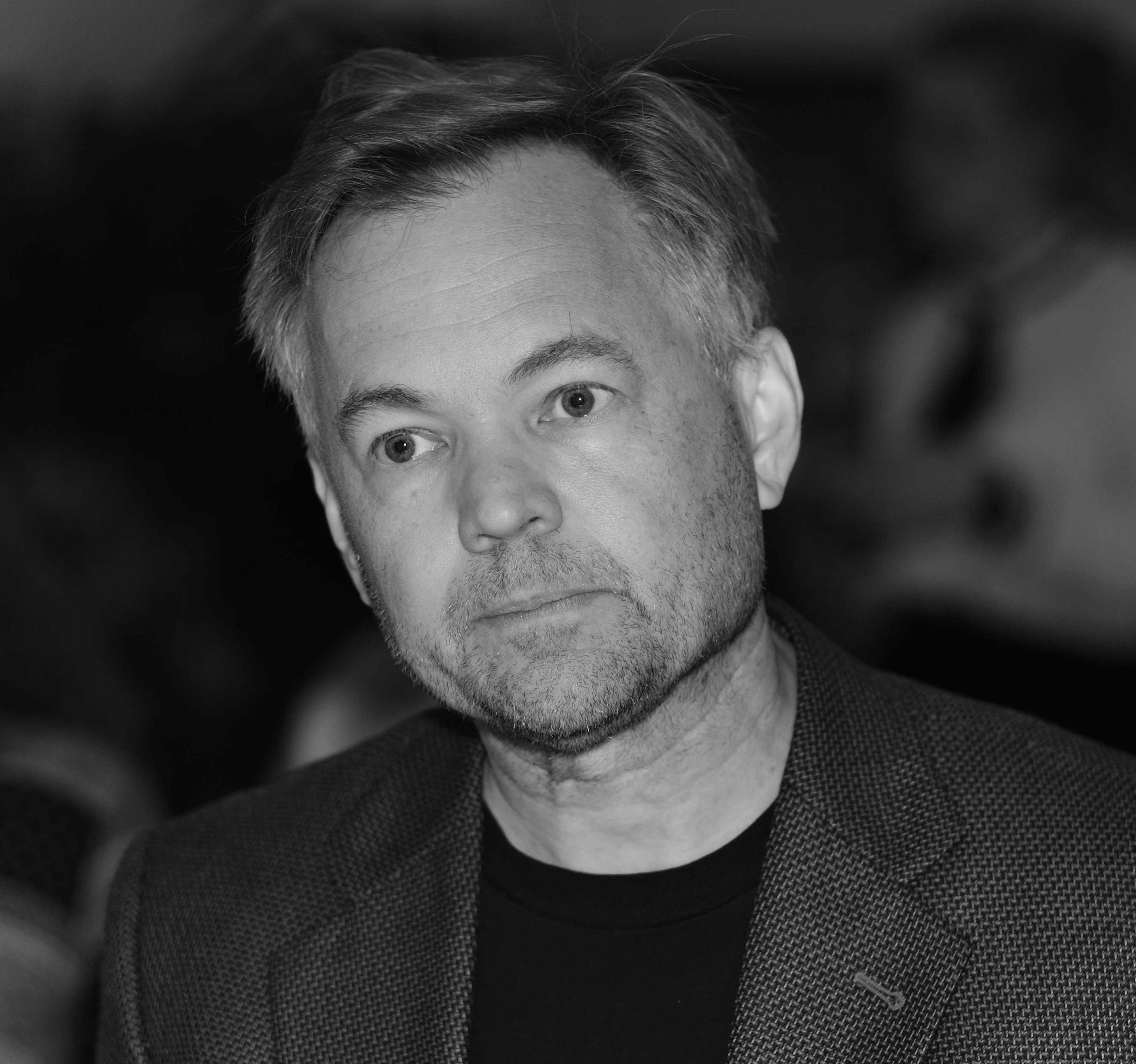
Eric Wiland (Chicago, 1997) works primarily on topics in ethics and practical reason. He investigates problems in practical philosophy by thinking about people who have various cognitive and motivational flaws, especially those who recognize that they have such flaws. He is the author of Guided by Voices (Oxford, 2021) and Reasons (Continuum, 2012). During 2023-24, he is a Visiting Research Professor at Tulane University.
|
Emeritus Faculty
|
Robert Gordon Professor Emeritus
gordonr@umsl.edu
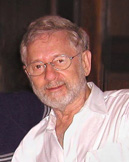 Robert Gordon (Ph.D., Columbia) retired from teaching in 2002 but continues to work in philosophy of mind and cognitive science. He is best known for the theory, first introduced in 1986, that we understand others, predict and explain their actions and emotions, by mentally simulating them. This "simulation theory" challenged a view that had been widely accepted in philosophy and psychology, that understanding others is a kind of impersonal theorizing, an application of "belief-desire psychology," an implicit theory of mental states. The “theory versus simulation debate” soon became a topic of interest among developmental psychologists as well as philosophers and later received attention in linguistics, social cognitive neuroscience, and social robotics. Hundreds of papers and numerous books have been written on the topic, as well as several encyclopedia articles. Gordon has lectured on the topic in Austria, Canada, Finland, France, Germany, Italy, the Netherlands, Turkey, the UK, and the US. He has held several research fellowships from the National Endowment for the Humanities and the American Council of Learned Societies, and in 1999 he directed a Summer Seminar for College and University Teachers, sponsored by the NEH. He chaired the program committee of the 2004 annual meeting of the Central division of the American Philosophical Association. He has been a visiting professor at the University of Helsinki and at Radboud University Nijmegen, in the Netherlands. Robert Gordon (Ph.D., Columbia) retired from teaching in 2002 but continues to work in philosophy of mind and cognitive science. He is best known for the theory, first introduced in 1986, that we understand others, predict and explain their actions and emotions, by mentally simulating them. This "simulation theory" challenged a view that had been widely accepted in philosophy and psychology, that understanding others is a kind of impersonal theorizing, an application of "belief-desire psychology," an implicit theory of mental states. The “theory versus simulation debate” soon became a topic of interest among developmental psychologists as well as philosophers and later received attention in linguistics, social cognitive neuroscience, and social robotics. Hundreds of papers and numerous books have been written on the topic, as well as several encyclopedia articles. Gordon has lectured on the topic in Austria, Canada, Finland, France, Germany, Italy, the Netherlands, Turkey, the UK, and the US. He has held several research fellowships from the National Endowment for the Humanities and the American Council of Learned Societies, and in 1999 he directed a Summer Seminar for College and University Teachers, sponsored by the NEH. He chaired the program committee of the 2004 annual meeting of the Central division of the American Philosophical Association. He has been a visiting professor at the University of Helsinki and at Radboud University Nijmegen, in the Netherlands.
Gordon's influential work on the topic of emotion attributions was published in Philosophical Review, American Philosophical Quarterly, Analysis, Journal of Philosophy, and in his book, The Structure of Emotions (Cambridge University Press, 1987)
In an update of the simulation theory, Gordon argues that the human brain interprets the behavior of others by testing hypothetical ways of generating that behavior, a process of "analysis by synthesis," similar to processes known to be involved in vision and speech perception. In his chapter in a book in cognitive neuroscience, The Neural Basis of Mentalizing (Springer Nature, 2021), he suggests that the existence of such a mechanism would have major consequences for the concept of knowledge, a point Gordon is developing in other papers.
David Griesedieck Teaching Professor, Retired
552 Lucas | 516-6190 | davidgr@umsl.edu | C.V.
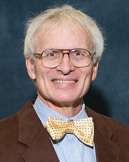
David Griesedieck, born 1943, earned his BA from St. Benedicts College (Kansas)in 1964 and his MA in philosophy from Princeton (1967) and MA in mathematics from UMSL (1988). He has been a member of the UMSL Department of Philosophy since Fall 1970. My chief scholarly interest has always been the study of Oriental philosophy in its various forms. It is a tremendous challenge to try to bring out the meaning of these ancient philosophical texts. The subject matter and the methodology are often quite different from what we are used to in Western philosophy. I believe that if one can get a clear idea of just what is so different about Indian or Chinese philosophy, one will then have an insight into the most basic questions of philosophy and life. For example, by studying Eastern conceptions of freedom and bondage, we can gain new and decisive perspectives on the classic Western problem of freedom of the will.
Ronald Munson Professor Emeritus
557 Lucas | 516-5631 | munson@umsl.edu | C.V.
Ronald Munson received his Ph.D. from Columbia University and was a Postdoctoral Fellow in Biology at Harvard University. He taught as a Preceptor in Philosophy at Columbia College (Columbia University) and has been a Visiting Professor at the University of California, San Diego, the Harvard Medical School, and Johns Hopkins University School of Medicine. He has served as bioethicist for a National Institutes of Health multicenter study, the National Cancer Institute, the Monsanto Recombinant DNA Advisory Committee, and the Washington University School of Medicine Human Subjects Committee. His expertise is in medical ethics and the philosophy of science and medicine. His articles have appeared in Philosophy of Science, British Journal for the Philosophy of Science, History and Philosophy of Science, Journal of Medicine and Philosophy, Kennedy Institute of Ethics Journal, and New England Journal of Medicine. His work has also been anthologized numerous times. He has been awarded grants by the National Endowment for Humanities, the Weldon Spring Fund, and the National Science Foundation. His book Intervention and Reflection: Basic Issues in Medical Ethics (Wadsworth), now in its 7th ed., is the most widely used medical ethics text in the United States. His other books include Reasoning in Medicine: An Introduction to Clinical Inference (with Daniel Albert, M.D. and Michael Resnik, Ph.D., Johns Hopkins), The Way of Words (Houghton-Mifflin), Man and Nature: Philosophical Issues in Biology (Delacorte), Elements of Reasoning, 5th ed. (with Andrew Black, Wadsworth). His most recent books are Outcome Uncertain: Cases and Contexts in Bioethicsand Raising the Dead: Social and Ethical Issues in Organ Transplantation (Oxford University Press). He has acted as a source on biomedical ethics and been interviewed by (among others) the New York Times, Washington-Post, U.S. News and World Report, St. Louis Post-Dispatch,Science Digest, Smithsonian Magazine. He has appeared on ABC Evening News, ABC Morning News, Today Show, Fox News Network, Brian Williams and the News, NBC National Radio, NYC Radio, National Public Radio, and BBC Radio. He consulted on the ethical aspects of gene therapy for Japanese National Television. Ronald Munson is the author of three well-received novels: Nothing Human (Pocket Books Hardcover; Pocket Books, paper; British Edition published by Simon and Schuster, Ltd.); Literary Guild Alternate Selection, Selection of the Doubleday Book Club and the Mystery Guild; translated into Swedish and German; optioned for film; Fan Mail (Dutton; Discus, paper); Book of the Month Club Alternate Selection; starred review in Publisher's Weekly; translated into German, Japanese, Dutch, and French; made into a German radio play; optioned for film. Night Vision (Dutton; Signet, paper); translated into Dutch, Swedish, and German. Interviews and reviews have appeared in such places as People, Los Angeles Times, St. Louis Post-Dispatch, and the Miami Herald, as well as on CNN, Unsolved Mysteries, and Aspecta (German National Television).
Stephanie Ross Professor Emeritus
561 Lucas | 516-5634 | sross@umsl.edu | C.V.
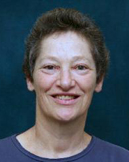
Stephanie Ross received her B.A. from Smith College in 1971 and her Ph.D. from Harvard University in 1977. Most of her research focuses on issues in the philosophy of art. In addition to a book on garden aesthetics, What Gardens Mean (University of Chicago Press, 1998), she has published articles on a range of topics including allusion, modern music, women and fiction, musical conducting, the death of art, landscape appreciation, and aesthetic qualities. She has also contributed invited encyclopedia entries and handbook articles on such topics as expression, the picturesque, and artistic style. Her book Two Thumbs Up: How Critics Aid Appreciation proposes a neo-Humean account of our transactions with works of art. The book explores the nature of critical disagreement and the prospects for realism in aesthetic by taking up questions like these: If you encounter a work of art and deem it to be amusing, colorful, bombastic, and original, does the work possess each of these qualities? Does it possess them in the same way? Can you convince others that this is the case? Is there a right way to appreciate each work of art? Are there experts who can guide us in these matters? What reason might we have to follow their advice? How should we seek them out? Might most of us manage only partial or imperfect appreciation of the art we encounter?
|
Affiliated Faculty
|
Keith Miller Orthwein Endowed Professor for Lifelong Learning in the Science
101 Marillac | 516-4828 | millerkei@umsl.edu | C.V.
|



 Billy Dunaway received his PhD from the University of Michigan in 2013 and held a postdoc at the University of Oxford from 2013-2015. He has been at UMSL since 2015. He works on topics in metaethics, epistemology, metaphysics, philosophy of language and the philosophy of religion. From 2018-2021 he was co-PI (with Jon McGinnis) of the Theology, Science, and Knowledge project (website). His book Reality and Morality was published with Oxford University Press in 2020, and he co-edited the open-access volume Meaning, Decision, and Norms: Themes from the Work of Allan Gibbard.
Billy Dunaway received his PhD from the University of Michigan in 2013 and held a postdoc at the University of Oxford from 2013-2015. He has been at UMSL since 2015. He works on topics in metaethics, epistemology, metaphysics, philosophy of language and the philosophy of religion. From 2018-2021 he was co-PI (with Jon McGinnis) of the Theology, Science, and Knowledge project (website). His book Reality and Morality was published with Oxford University Press in 2020, and he co-edited the open-access volume Meaning, Decision, and Norms: Themes from the Work of Allan Gibbard. 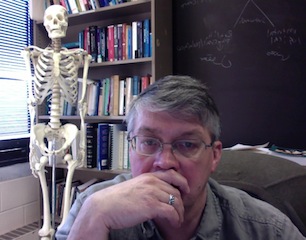




 Robert Gordon (Ph.D., Columbia) retired from teaching in 2002 but continues to work in philosophy of mind and cognitive science. He is best known for the theory, first introduced in 1986, that we understand others, predict and explain their actions and emotions, by mentally simulating them. This "simulation theory" challenged a view that had been widely accepted in philosophy and psychology, that understanding others is a kind of impersonal theorizing, an application of "belief-desire psychology," an implicit theory of mental states. The “theory versus simulation debate” soon became a topic of interest among developmental psychologists as well as philosophers and later received attention in linguistics, social cognitive neuroscience, and social robotics. Hundreds of papers and numerous books have been written on the topic, as well as several encyclopedia articles. Gordon has lectured on the topic in Austria, Canada, Finland, France, Germany, Italy, the Netherlands, Turkey, the UK, and the US. He has held several research fellowships from the National Endowment for the Humanities and the American Council of Learned Societies, and in 1999 he directed a Summer Seminar for College and University Teachers, sponsored by the NEH. He chaired the program committee of the 2004 annual meeting of the Central division of the American Philosophical Association. He has been a visiting professor at the University of Helsinki and at Radboud University Nijmegen, in the Netherlands.
Robert Gordon (Ph.D., Columbia) retired from teaching in 2002 but continues to work in philosophy of mind and cognitive science. He is best known for the theory, first introduced in 1986, that we understand others, predict and explain their actions and emotions, by mentally simulating them. This "simulation theory" challenged a view that had been widely accepted in philosophy and psychology, that understanding others is a kind of impersonal theorizing, an application of "belief-desire psychology," an implicit theory of mental states. The “theory versus simulation debate” soon became a topic of interest among developmental psychologists as well as philosophers and later received attention in linguistics, social cognitive neuroscience, and social robotics. Hundreds of papers and numerous books have been written on the topic, as well as several encyclopedia articles. Gordon has lectured on the topic in Austria, Canada, Finland, France, Germany, Italy, the Netherlands, Turkey, the UK, and the US. He has held several research fellowships from the National Endowment for the Humanities and the American Council of Learned Societies, and in 1999 he directed a Summer Seminar for College and University Teachers, sponsored by the NEH. He chaired the program committee of the 2004 annual meeting of the Central division of the American Philosophical Association. He has been a visiting professor at the University of Helsinki and at Radboud University Nijmegen, in the Netherlands.

